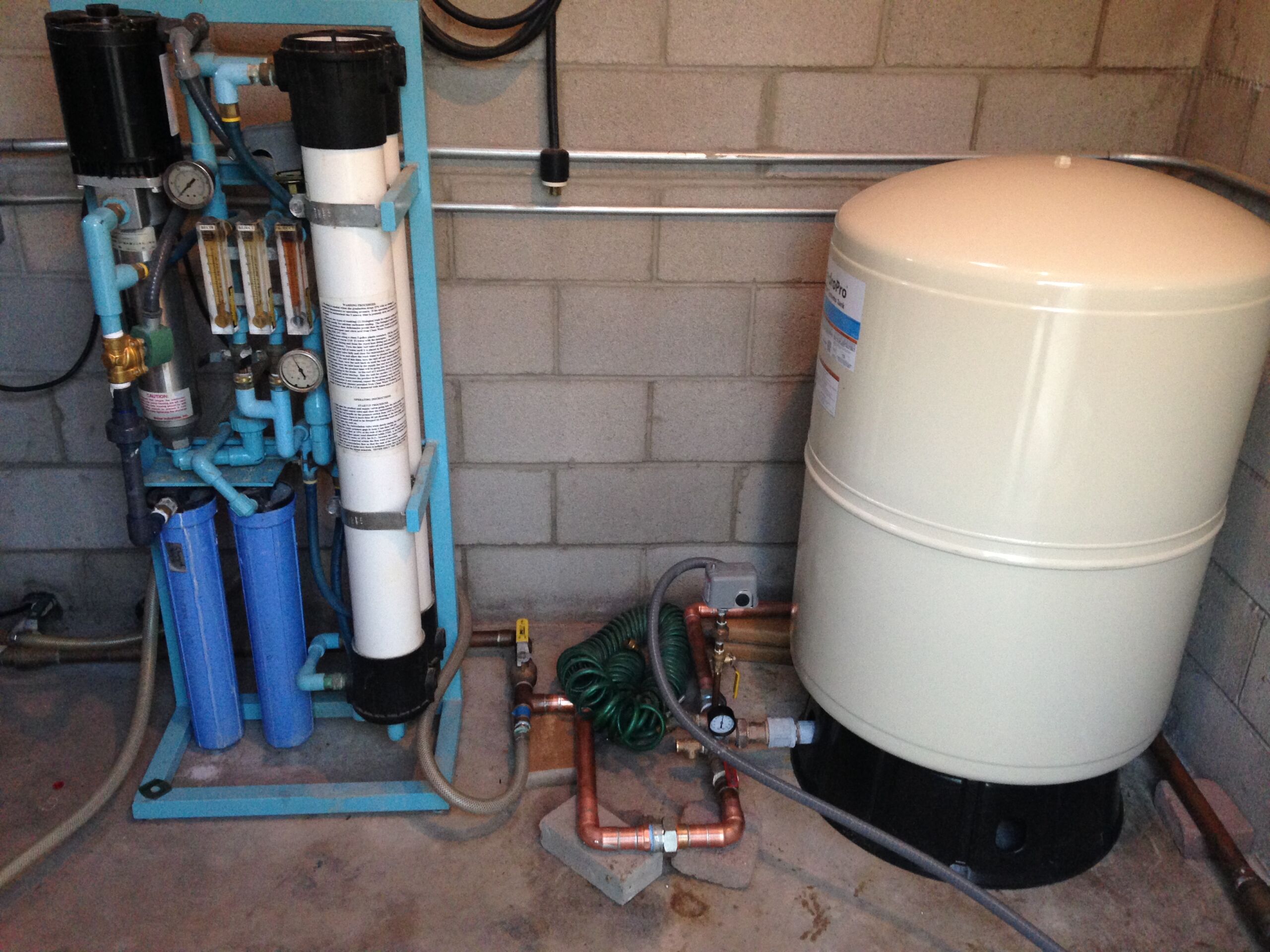Michigan Well Water Testing and Treatment Contractors
Find qualified Well Water Testing and Treatment contractors in Michigan using our contractor lookup tool. Learn more about NGWA Contractor Certifications here.
Bruce Pool Water Well & Pump Rpr
Canton, MI 48187
United States
McCarty Well Drilling Inc
Buchanan, MI 49107-0243
United States
Gordon & Sons Well Drilling Inc
Tipton, MI 49287-9813
United States
Find Well Water Testing and Treatment In
Frequently Asked Questions
When should I have my well water tested?
The National Ground Water Association (NGWA) recommends well owners test their water at least annually for bacteria, nitrates, and any contaminants of local concern. More frequent testing should be considered if:
- There is a change in the taste, odor, or appearance of the well water, or if a problem occurs such as a broken well cap, inundation by floodwaters, or a new contamination source
- The well has a history of bacterial contamination
- The septic system has recently malfunctioned
- Family members or house guests have recurrent incidents of gastrointestinal illness
- An infant is living in the home, or
- To monitor the efficiency and performance of home water treatment equipment.
What can impact groundwater quality?
Forty-seven percent of the United States depend on groundwater for their basic drinking water supply. Having a basic understanding about groundwater quality will help ensure that your well is supplying potable water for your household.
Along with human activities, water quality is affected by a combination of natural processes. Most relate to chemical compositions underground. However, other factors such as biological, physical, and radiological conditions can affect water quality as well.
Read moreHow is a well disinfected?
Properly constructed and maintained water well systems are designed to keep microorganisms such as bacteria, viruses, and protozoa from getting inside the well system and into the water. When a water test indicates the presence of microorganisms in a well, disinfection of the well system is recommended along with some level of inspection.
Read moreMichigan Groundwater and Water Well Statistics
Few states can accurately or confidentially determine how many residential wells are in place. For each region, the American Housing Survey by the U.S. Census provides regional data.
Michigan is found in the Midwest, along with these other states: Ohio, Michigan, Indiana, Illinois, Wisconsin, Minnesota, North Dakota, South Dakota, Iowa, Nebraska, Kansas, and Missouri.
The last American Housing Survey Census indicates this region had 3,990,0002 households served by residential wells, with an average of 2.523 persons per household. The USGS estimates the population of self-supplied water supply users in Michigan to be 2,600,000, with 100% of their supply from groundwater.
- 1,075 community water systems use groundwater for 1,683,200 people
- 1,302 non-community, non-transient water systems use groundwater for 306,500 people
- 7,921 non-community, transient water systems use groundwater for 1,117,600 people
- 7,550 irrigation wells used serving 2,820 farms and 467,000 acres
Well Water Testing and Treatment Articles and Resources
Does My Water Well Need Treatment? By Gary L. Hix, R.G., CWD/PI Have you ever asked yourself: “Does my well water need treatment?” The question is not one you can answer if you have not had your water tested recently. You should ask yourself instead: “When was the last time I had my water tested?” If the answer to this question […]
PFAS and Private Well Owners: What You Need to Know NGWA published PFAS and Private Well Owners: What You Need to Know, a two-page fact sheet for home owners concerned about PFAS. Written in easy-to-understand language by groundwater professionals, it explains what PFAS are, how to test wells for PFAS, treatment options, and more.




